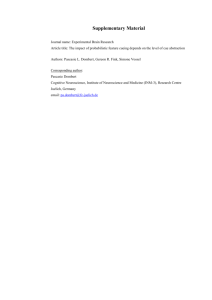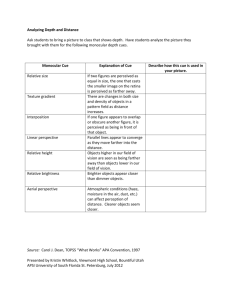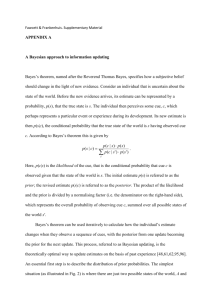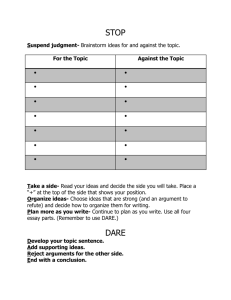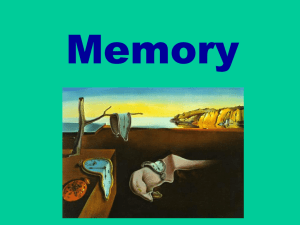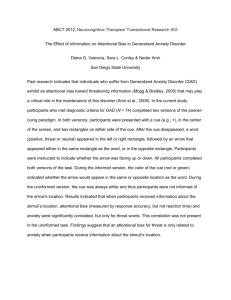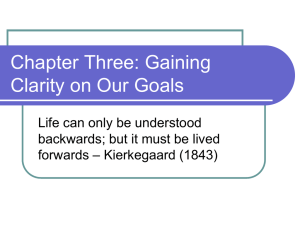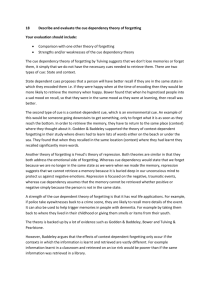Sound Cue Sheet for The Bacchae
advertisement
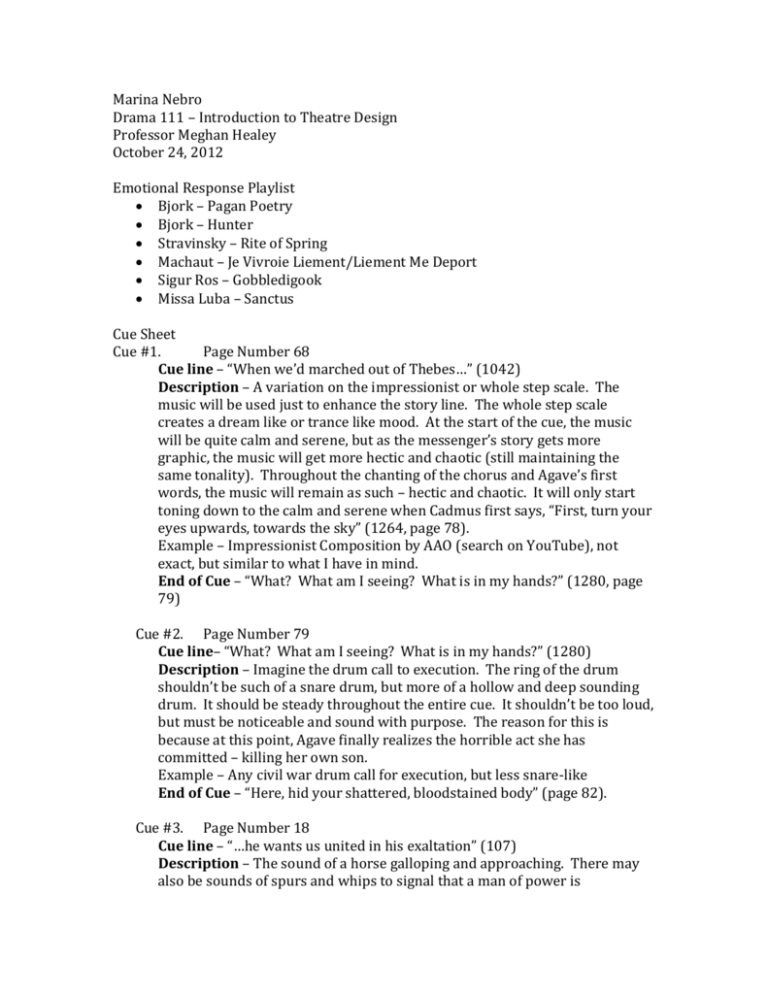
Marina Nebro Drama 111 – Introduction to Theatre Design Professor Meghan Healey October 24, 2012 Emotional Response Playlist Bjork – Pagan Poetry Bjork – Hunter Stravinsky – Rite of Spring Machaut – Je Vivroie Liement/Liement Me Deport Sigur Ros – Gobbledigook Missa Luba – Sanctus Cue Sheet Cue #1. Page Number 68 Cue line – “When we’d marched out of Thebes…” (1042) Description – A variation on the impressionist or whole step scale. The music will be used just to enhance the story line. The whole step scale creates a dream like or trance like mood. At the start of the cue, the music will be quite calm and serene, but as the messenger’s story gets more graphic, the music will get more hectic and chaotic (still maintaining the same tonality). Throughout the chanting of the chorus and Agave’s first words, the music will remain as such – hectic and chaotic. It will only start toning down to the calm and serene when Cadmus first says, “First, turn your eyes upwards, towards the sky” (1264, page 78). Example – Impressionist Composition by AAO (search on YouTube), not exact, but similar to what I have in mind. End of Cue – “What? What am I seeing? What is in my hands?” (1280, page 79) Cue #2. Page Number 79 Cue line– “What? What am I seeing? What is in my hands?” (1280) Description – Imagine the drum call to execution. The ring of the drum shouldn’t be such of a snare drum, but more of a hollow and deep sounding drum. It should be steady throughout the entire cue. It shouldn’t be too loud, but must be noticeable and sound with purpose. The reason for this is because at this point, Agave finally realizes the horrible act she has committed – killing her own son. Example – Any civil war drum call for execution, but less snare-like End of Cue – “Here, hid your shattered, bloodstained body” (page 82). Cue #3. Page Number 18 Cue line – “…he wants us united in his exaltation” (107) Description – The sound of a horse galloping and approaching. There may also be sounds of spurs and whips to signal that a man of power is approaching. Though the script doesn’t mention a horse, I see Pentheus riding a horse because it gives him this air of confidence and power that he assumes he has at the beginning of the play. When Pentheus finally enters, though, he will walk out on stage having left his horse offstage (we don’t have money for horses!). End of Cue – “He seems agitated” (214, page 19) Cue #4. Page Number 5 Cue line– “Down/from Asia, down/from sacred Tmolus” (63-65). Description – During this chorus, and all other choruses except for the final one including Agave, the music will be calm and serene sitar/Indian music as the true Bacchae come from Asia. The music is hypnotizing and trance-like, and really mirrors how the Bacchae must feel after drinking themselves into frenzy. Example – Classical Indian Music for Healing and Relaxation (anything found on YouTube) End of Cue – “soars/now, being,/now,/joy-/fully, playfully,/the/Bacchant” (167-173, page 17) Cue #5. Page Number 30 Cue line – “Untie his hands” (453) Description – The sound of shackles being unlocked and clinking together. There should not be too much resistant sound though, as Dionysus did not try to run. The reason that there would need to be sound added here instead of just relying on props is because the play would be extremely simplistic in terms of props, and therefore would not have clinking, heavy chains. End of Cue – “he won’t be dancing out of this” (454)
